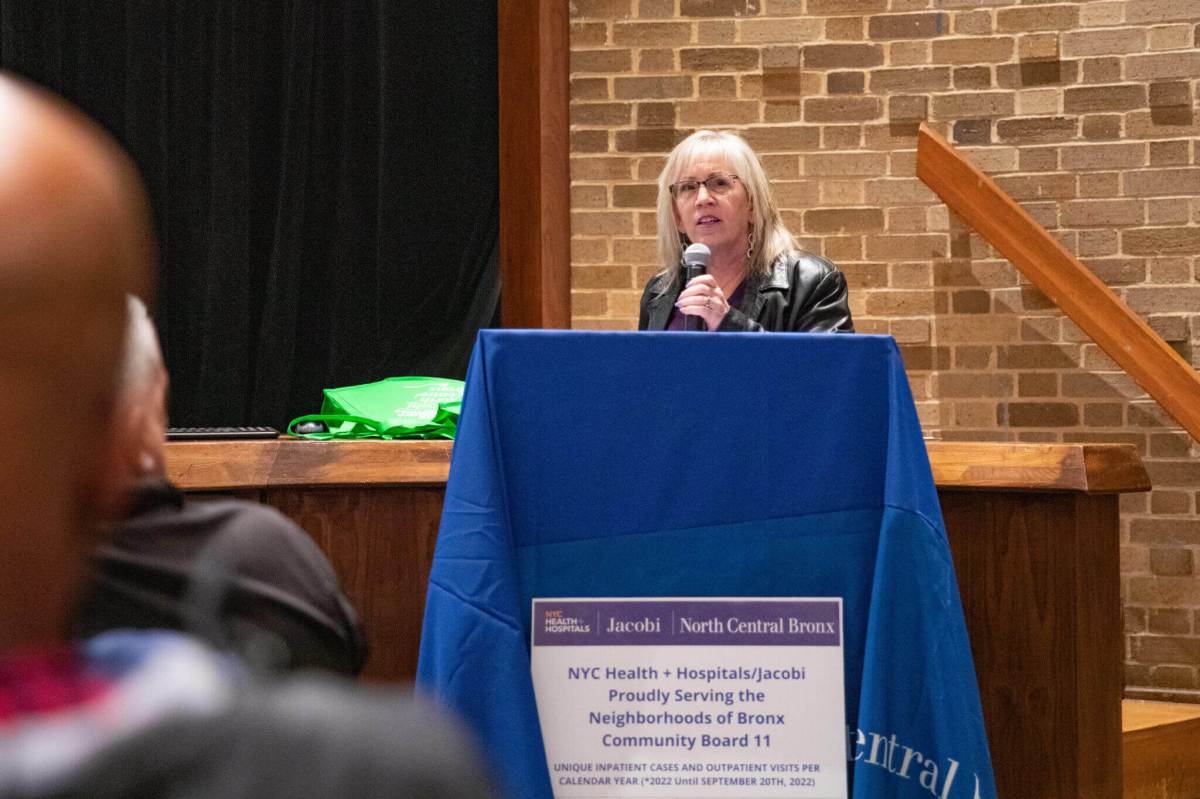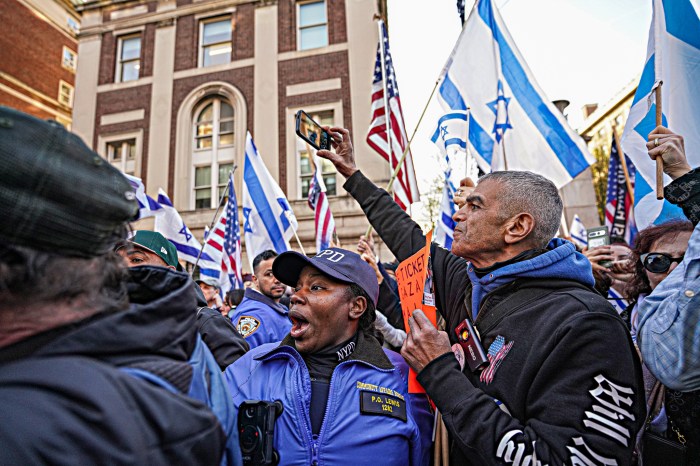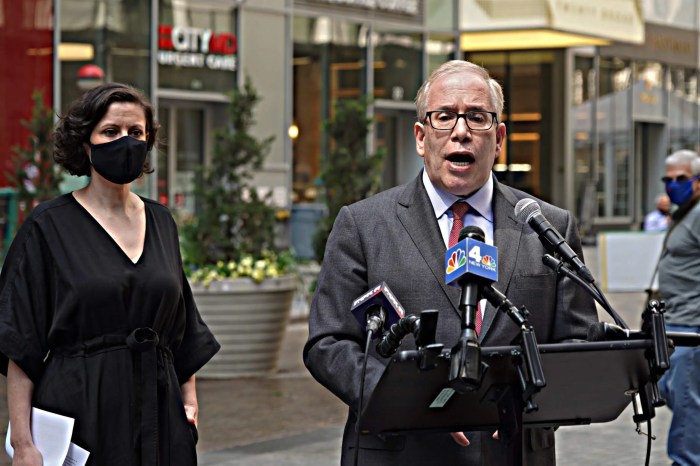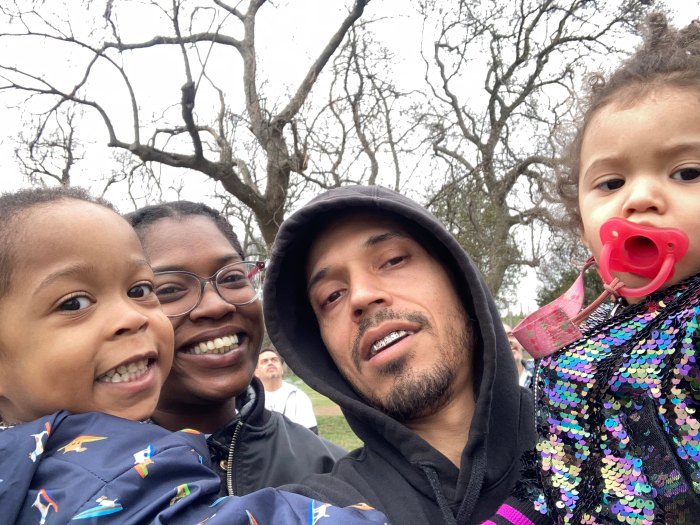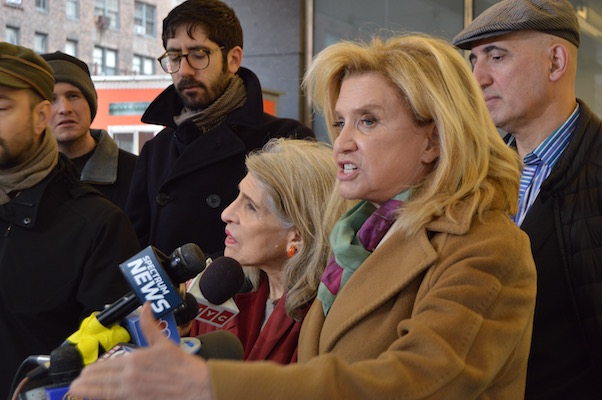
BY JACKSON CHEN | Despite hailing from the Big Apple himself and touting infrastructure improvement during his campaign, President Donald Trump’s cuts to the federal Department of Transportation’s budget could leave two major New York City projects in the shadows.
Trump’s budget blueprint, released on March 16, proposes to squeeze $2.4 billion from the federal DOT, representing a 13 percent decrease from last year, leaving it with $16.2 billion of discretionary spending. Within the DOT budget is the Federal Transit Administration and its New Starts program, which funds transit projects costing $300 million or more through competitive grants. And according to Trump’s budget blueprint, existing funding would be limited and future funding for new projects would have to be funded “by the localities that use and benefit from these localized projects.”
For New York, which is currently pursuing two extremely important transit projects, funding may dry up if Trump’s budget gets through Congress.
In the Gateway project, New York is partnering with New Jersey to repair the two deteriorated tunnels underneath the Hudson River connecting Newark and Manhattan’s Penn Station and build a new tunnel to double the efficiency of the crossing’s overall capacity. As Gateway was expected to receive large sums of funding from the federal government, New York Senators Charles Schumer and Kirsten Gillibrand joined New Jersey Senators Robert Menendez and Cory Booker in penning a New York Times op-ed illustrating the dangers of letting the tunnels continue to break down.
As noted in their piece, commuters have recently gotten a preview of what an impaired track network in and out of Penn Station would feel like, with derailments of an Amtrak train on March 24 and a New Jersey Transit train on April 3 creating major havoc.
“Alarmingly, if we don’t act soon to repair the two tunnels under the Hudson River, that same reduction in service our region experienced last week will become a permanent reality,” the senators wrote in their op-ed.
But for the major transit project on the other side of the borough, the Second Avenue Subway, the main political cheerleader remains confident of federal funding.
The Second Avenue Subway’s second phase is estimated to cost $6 billion and would create two new stations at 106th and 116th Streets and connect the new line to the existing 125th Street station for the 4, 5, 6 trains on the overburdened Lexington Avenue line.
Congressmember Carolyn Maloney said in January that she spoke directly to Trump’s then-transition team who assured her the Second Avenue Subway was on the list of priority transit projects and would receive $14 billion in federal funding for its next two phases, which would also carry the line downtown. For the stretch up to East Harlem specifically, Maloney said last year she is hoping the federal government will foot a third, or $2 billion, of the second phase’s $6 billion overall cost.
Still, though Trump pushed improving infrastructure as part of the grab bag of his populist campaign, his budget proposal as president seems to do the opposite. Maloney, however, remains confident that the Second Avenue Subway will receive enough funding to continue.
“I have been in touch with the Trump administration and am working hard to ensure that they understand how necessary this project is to the entire region, not just the East Side,” Maloney said in an email this week.
She added that the Federal Transit Administration rated the project “one of the best in the nation,” and that the first phase’s success, since its January 1 opening, speaks to the need to continue funding the project.
According to Maloney, the project’s second phase is already moving forward, with a little over $1 billion in funding from the state and the MTA pursuing three contracts related to the project.
“I am as committed as ever to seeing the Second Avenue Subway constructed in its entirety,” Maloney said. “I am confident that we will get federal funding and that ultimately there will be sufficient funding to build Phase 2.”











